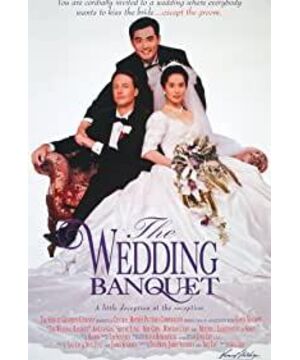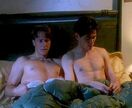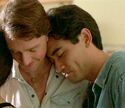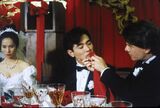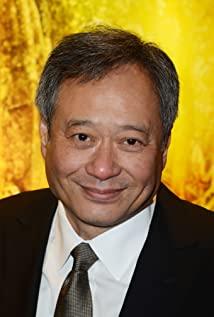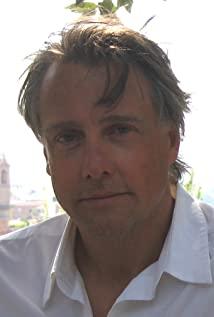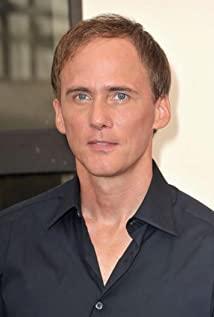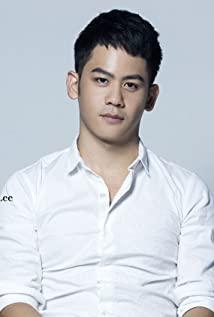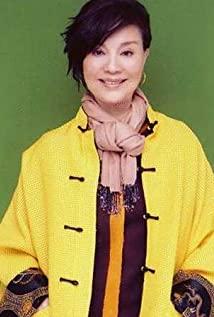The Wedding Banquet evaluation action
-
Idella 2022-03-26 09:01:12
Mitchell Lichtenstein, who played Simon, later directed a film called Pussy...
-
Julia 2022-03-18 09:01:06
Watching Li Ang’s interview last night, he said, “In a society that is changing too fast, where should filial piety go. People seem to have to accept and catch up with these changes, but it’s actually very helpless and melancholy.” The family trilogy is finally watched. After all, this screenwriter is too wonderful. If "food men and women" is reconciling traditional ethics and pyrotechnics, then this film is reconciling Chinese and Western cultures, as well as traditional and modern cultures. PS: Li Ann's cameo with a glimpse of surprise.
-
Justice of the Peace: Okay, now you: "I, Wee-Wee..."
Wei-Wei: Wee-Wee.
Justice of the Peace: "... take you, Wai Tung..."
Wei-Wei: Wee-Wee.
Justice of the Peace: Okay. "To be my wedded husband... to have and to hold..."
Wei-Wei: Holding to have, husband, mine...
Justice of the Peace: "... for better, for worse, for richer, for poorer..."
Wei-Wei: Better and richer, no poorer.
Justice of the Peace: "... in sickness and in health, till death do us part."
Wei-Wei: Till sickness and death.
Justice of the Peace: Groovy. Rings.
-
Mrs. Gao: [about Wei-Wei] What do you think?
Mr. Gao: She'll make a lot of babies.


